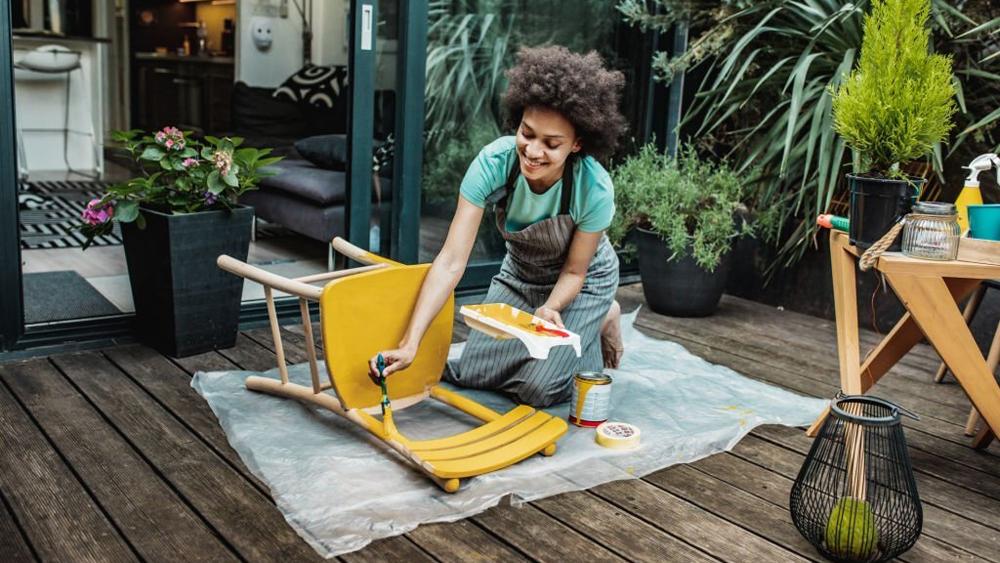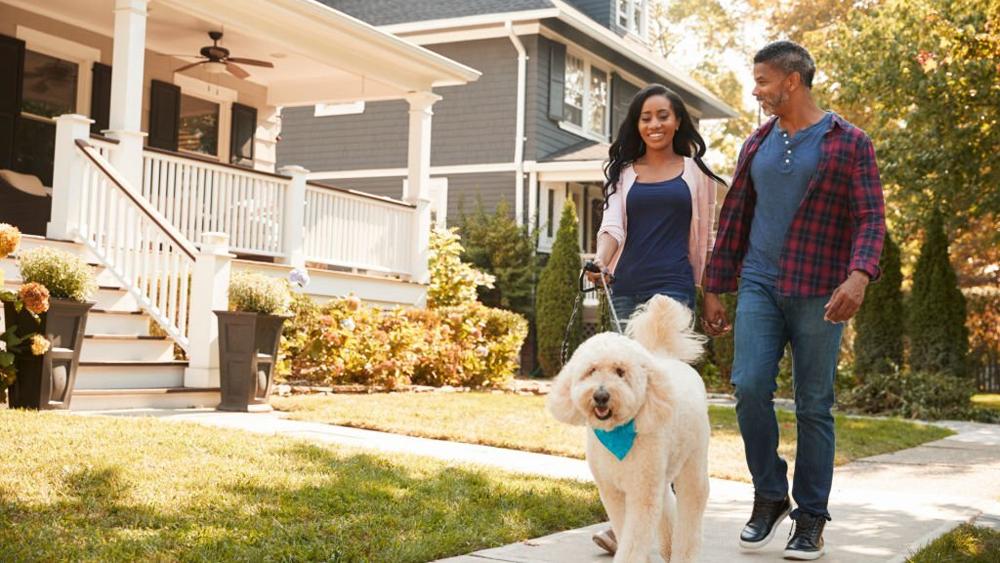Sustainability is a hot topic these days, especially when it comes to our personal lives. Eco-friendly living is not only good for the environment, but it can also save money in the long run for you and future generations. We may make a lot of small changes at home that add up to a big difference.
What makes a house environmentally sustainable?
To build or renovate a home that is environmentally friendly, efficient, and long-lasting, referred to as a sustainable home, consider the following factors while building a sustainable home:
- Methods of construction and materials
- Options for home decoration
- Insulation
- Windows
- HVAC (heating, ventilation, and cooling)
- Fixtures for the plumbing system
- Using smart systems
- The use of solar and wind power to generate electricity
Buying a new sustainable house or making renovations to an existing one?
Making the decision to build a sustainable home from the ground up or adapt an existing one is not easy. The environmental impact of new construction is high. On the other hand, new construction incorporates the most recent environmental-friendly methods and technologies. However, there are many other factors to consider, such as cost, location, schools, and life disturbance, that must be taken into account before making a decision to buy a home. Here, we’ll go over some of the home sustainability factors and sustainable housing features to keep in mind while deciding between the two.

Tips for a more sustainable home, garden, and life
It is our choices that have an impact on the environment, the climate, and other species that we make every day. When it comes to how many children we have and what we eat, we have a lot of control over how we live and lessen our environmental imprint.
Be more energy efficient
Start with energy savings in your house. Improved insulation and draughtproofing will make your home more sustainable and more cost-effective to heat. Choose LED lightbulbs and equipment with high-efficiency ratings to reduce your electricity consumption.
Live a plastic-free life
With more establishments offering paper bags and household products becoming more readily available in unpackaged form (anything from cleaning products to lentils and pasta), it is becoming easier to eliminate plastic.
Travel sustainably
Take public transportation or walk and pedal at least a portion of the time instead of driving. If you don’t require a car on a regular basis, consider joining a car club and getting an electric vehicle.

Be water-conscious
Put down the bottle. Despite the fact that tap water is practically free and many water supplies in the city have won quality and taste tests versus name-brand water, bottled water marketers are trying to give tap water a bad name. For communities and wildlife alike, extracting water as well as producing all those plastic bottles is a well-known source of pollution.
Your house needs a garden
To keep our climate stable, trees absorb pollution, sequester carbon, and provide oxygen for us to breathe. Additionally, they help regulate temperatures, provide habitat for wildlife, and more. It’s obvious that they’re allies worth having on our side. So go out and improve your garden right now.
Buying a sustainable house in Vancouver
Durability is an important consideration when designing a sustainable home. New sustainable homes in Canada ought to last for decades. However, finding such homes offered at a fair price is not an easy task. Our real state agency in Vancouver, Matin Homes, is known to find and enlist the city’s best environmentally-friendly houses. We take the time to understand your needs and requirements, providing some of the most efficient and high-quality property sourcing in the city.

